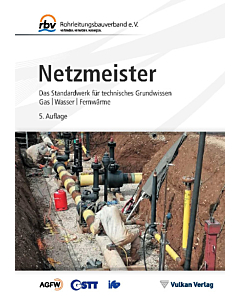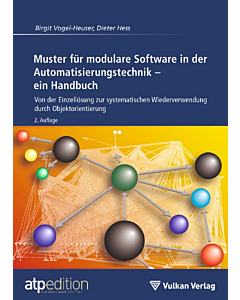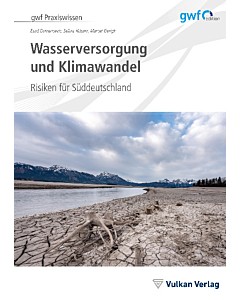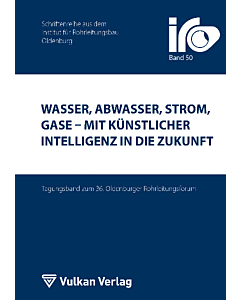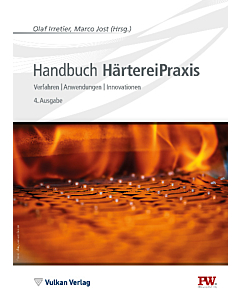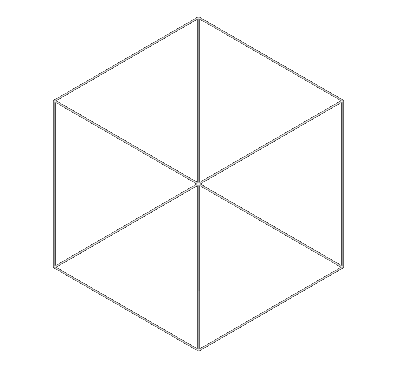Startseite
 Wasser Fachbücher zu Wasser und Abwasser - immer aktuell
Wasser Fachbücher zu Wasser und Abwasser - immer aktuellBücher ansehen
 Schnell informiert Sie suchen zu einem speziellen Thema einen Fachartikel? Fachartikel suchen
Schnell informiert Sie suchen zu einem speziellen Thema einen Fachartikel? Fachartikel suchen 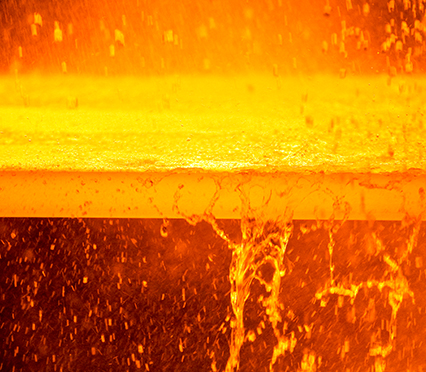 Thermo Alles zum Thema Thermoprozesstechnik finden Sie hier Fachbücher ansehen
Thermo Alles zum Thema Thermoprozesstechnik finden Sie hier Fachbücher ansehen  Rohrleitungstechnik leicht gemacht Alle versorgenden Rohre auf einen Blick Fachbücher Rohrleitungstechnik
Rohrleitungstechnik leicht gemacht Alle versorgenden Rohre auf einen Blick Fachbücher Rohrleitungstechnik  Fachzeitschriften Unsere Fachzeitschriften halten Sie jederzeit auf dem aktuellen Stand Fachzeitschriften ansehen
Fachzeitschriften Unsere Fachzeitschriften halten Sie jederzeit auf dem aktuellen Stand Fachzeitschriften ansehen Bestseller
Unsere meistverkauften Titel im Überblick
Neuerscheinungen
Unsere aktuellen Fachbücher auf einen Blick
Merken
Merken


